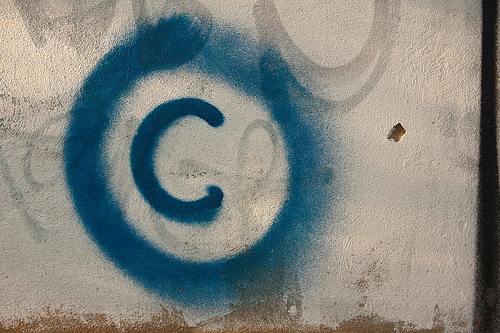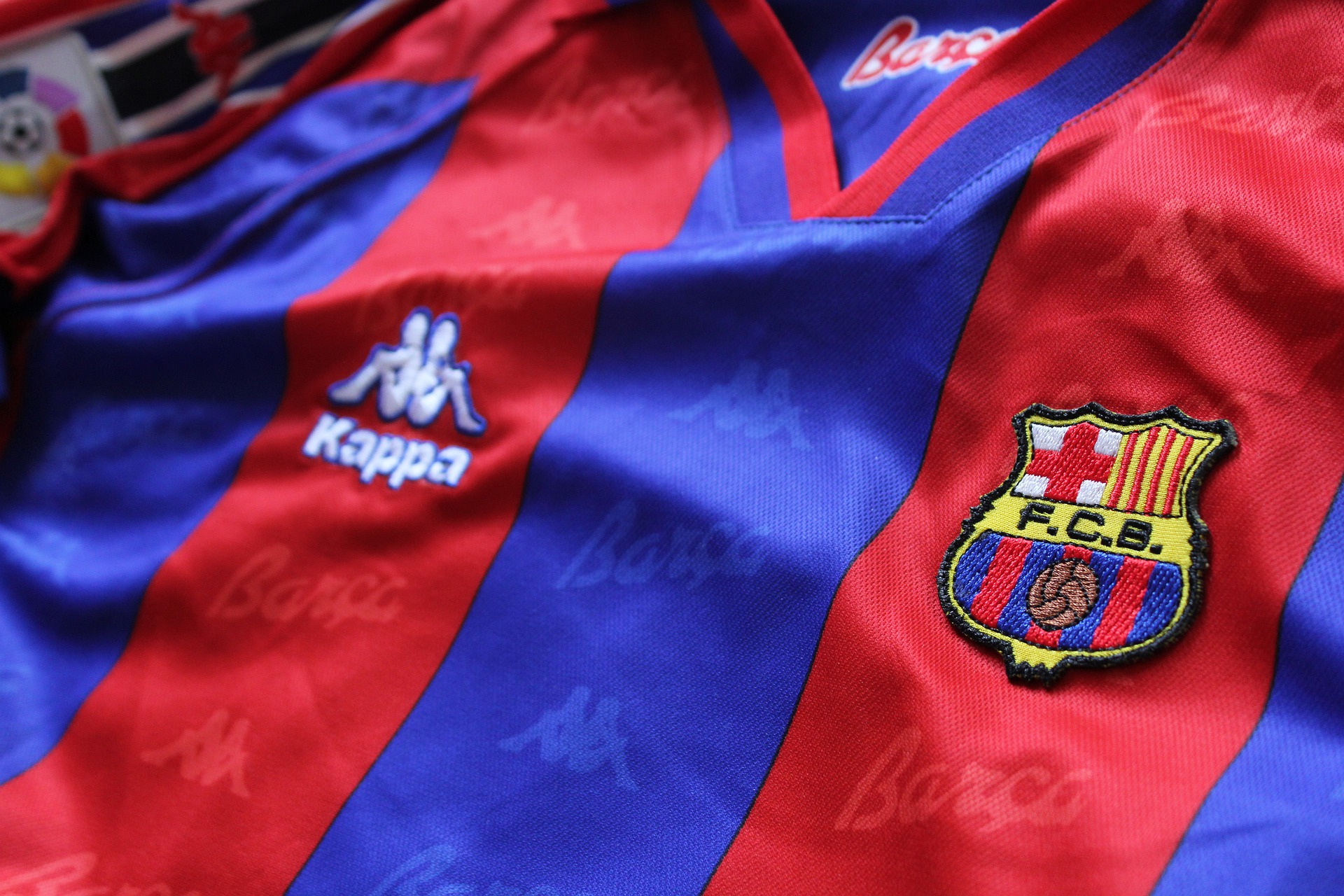Copyright reform in the EU: will there be a showdown?

Julia Reda, the only representative of the Pirate Party in the European Parliament, delivered the lecture “Copyright Showdown” at the Faculty of Law and explained how two controversial articles in the proposal might undermine the long-awaited EU copyright reform.
The Information Society Directive was enacted in 2001 and its main purpose was to address copyright implications of the Internet. However, the information society evolved rapidly and new business models and new ways of exploring and distributing copyrighted works on the Internet have been created.
The proposal of a Directive on Copyright in the Digital Single Market was presented in 2016 with the aim to bring EU legislation to this new digital reality. Julia Reda stressed that, from the viewpoint of the users, including institutional users, such as libraries, the proposal is about to bring positive changes to the existing European Copyright system. The harmonization of copyright exceptions for research and education matters (Art. 3), and the extending of a collective licensing for out of commerce works (Article 7) are extremely important changes that should be welcomed. However, there are two especially controversial points in the proposal that might affect users of copyrighted works in a negative way and, according to Julia Reda, they can directly interfere in the way we use the Internet to communicate today. They are the main reason why a compromise over the Directive has not yet been reached.
The content filtering provision
Article 13 of the proposal establishes that information society service providers must take measures to prevent the access of the public to infringing works, either because the use of a protected work was made without consent of the rightsholder, either because in breach of a licensing agreement. These measures include the use of effective content recognition technologies.
Today, according to the E-Commerce Directive, hosting providers are only liable for infringing content uploaded by their users if they had the actual knowledge or control over the illegal content. Therefore, in most cases, only after a notice of the rightsholder the service provider is obliged to take down the infringing content, in order to avoid liability. With the proposed provision, however, the information society service providers would be obliged to control the content before making it available to the public in the first place, which enlarges the exposure of intermediate service providers to liability and ultimately leads to censorship.
For Julia Reda, one of the main problems of this provision is that it applies to all information society service providers, the concept of which is interpreted extensively by the CJEU case law. Therefore, all hosting providers would have to resort to content recognition technology to avoid
liability, which might be an unbearable burden to some small and especially non-profit hosting providers.
Another problem with this provision is that the technology to filter content is not yet capable of recognizing situations in which there is a copyright exception, especially considering that they are not even harmonized yet within the EU. Therefore, even if the content is legal, since it is shielded by a copyright exception, it would be blocked by the service provider and could only be made available to the public if the user seeks redressing, which only rarely occurs. This could lead to a weakening of copyright exceptions, which, as expressions of fundamental rights in the realm of Copyright Law, should be duly respected.
New related right to news publisher
Article 11 of the proposal creates a new neighboring right to news publishers. It aims to protect news articles and press publications from reproduction and making available on the Internet for a period of 20 years, applied retroactively. Julia Reda calls attention to the fact that, as a related right, there is no originality requirement, and therefore the reproduction and making available of even a very short extract of the news article could lead to an infringement, even if it was not hyperlinked.
Copyright reform’s hot phase: a showdown?
Lawrence Lessig, in his book Free Culture, shows how legislation can be a barrier to the use of ground-breaking technologies, preventing society from fully benefiting from them, since legal provisions can be used as a tool for maintaining the status quo ante by parties that have political influence to lobby.
This seems to be the case here, since these two provisions push the Internet back towards a centralization of information, since their only beneficiaries are rightsholders that seek to maintain the old few-to-many system of access to information, preventing society from enjoying the potential that the Internet has in the dissemination of information and culture.
Julia Reda believes that, as we are entering a hot phase of the legislative process of the directive at issue, a compromised text will most probably be found this year, putting a final closure to this long process of reforming EU Copyright. However, she stressed that, if these provisions are maintained and discussions persist until next year without a settlement, it is questionable if the proposal, and the long-awaited EU Copyright reform - will actually be approved.
Written by Carolina de Anunciação Moreira
| More blogs on Law Blogs Maastricht |
Other blogs:
Also read
-
In early 2021, Europe’s twelve leading football clubs joined hands to create the European Super League. Despite the presence of notable clubs such as Liverpool, Manchester United, Milan, Barcelona and Real Madrid, the League soon fell apart. Unable to convince those on the football field, the three...
-
The EU recently introduced text and data mining exceptions to copyright infringement. However, they are too narrow and situation-specific to enable scientific development. In my master thesis, I suggest adopting a non-enjoyment exception for new technological uses, including text and data mining.
-
While the trade mark system seems to embrace the expansion of trade marks to Virtual Reality, an intervention is required when an interplay between the virtual and real-world exists.


